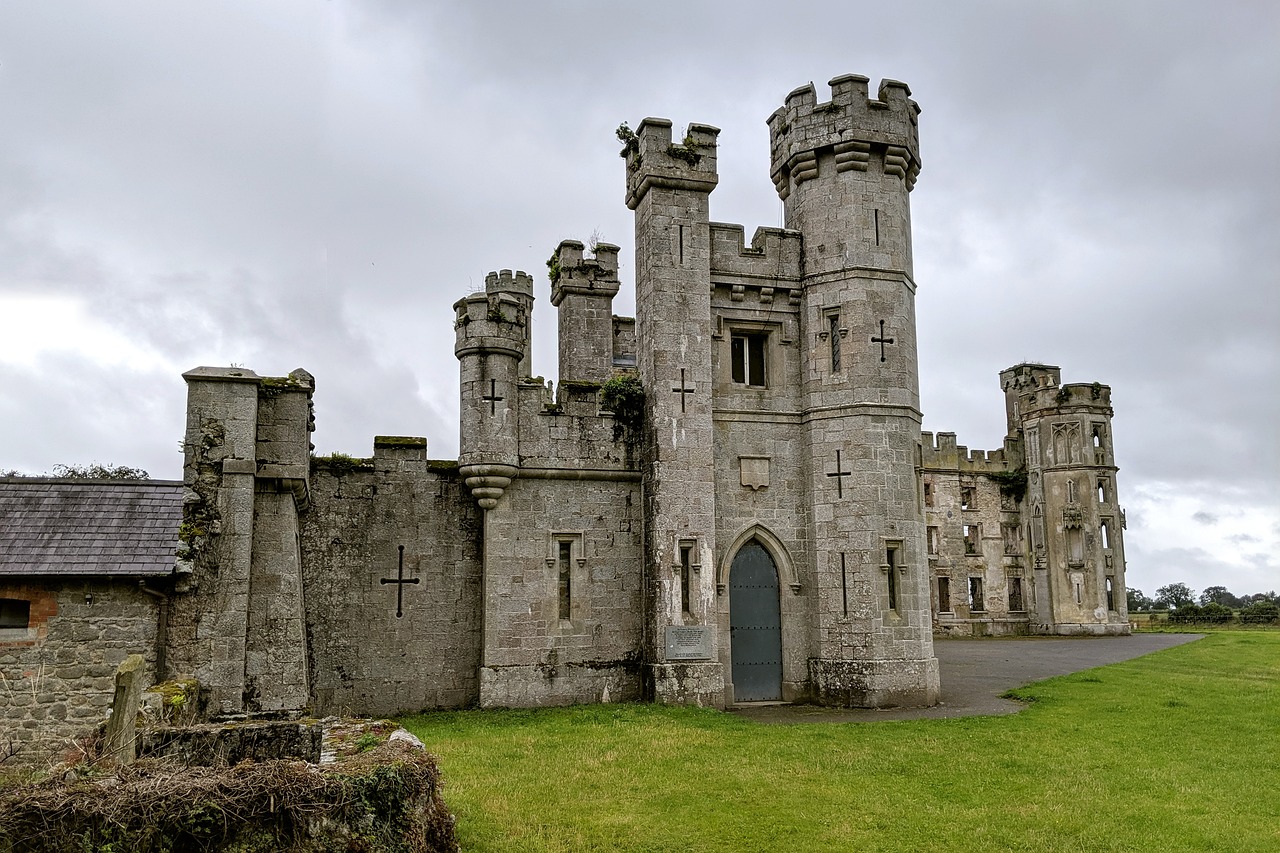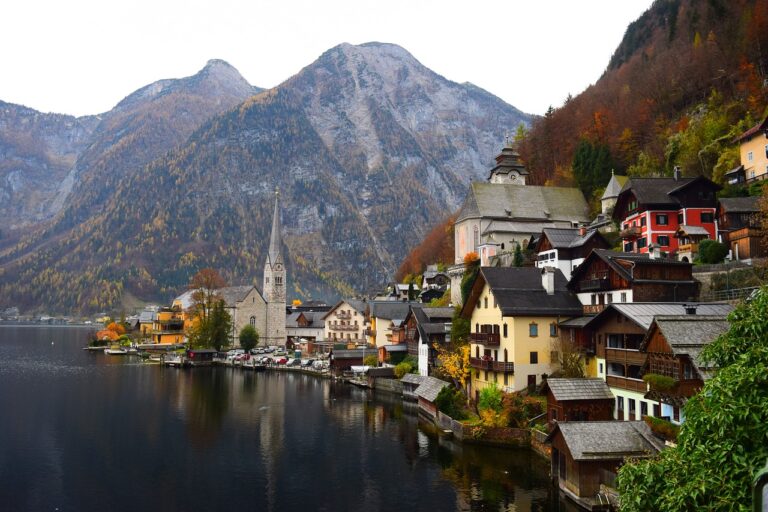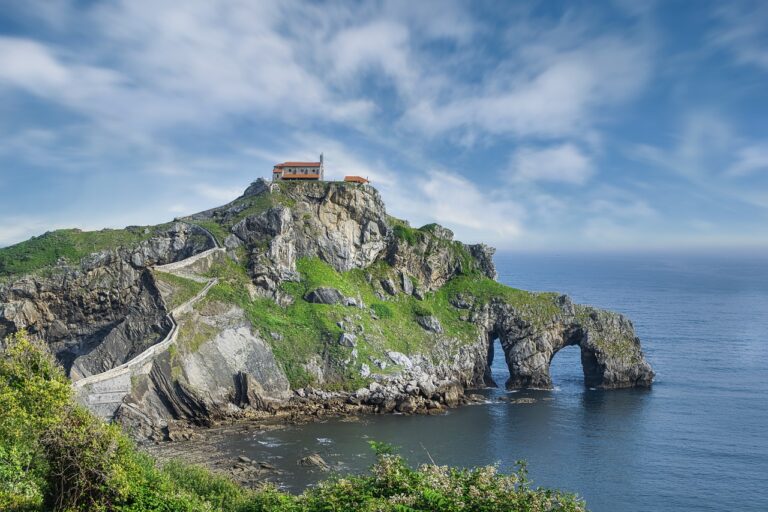Traveling for Photography Workshops: Capturing Stunning Landscapes and Cultures
One of the key advantages of attending photography workshops is the opportunity to learn directly from experienced professionals. These experts can provide valuable insights, tips, and techniques that can greatly enhance your photography skills. By participating in workshops, you can gain first-hand knowledge on various aspects of photography and apply them to your own creative process.
Another benefit of photography workshops is the chance to network and connect with fellow enthusiasts. Engaging with like-minded individuals allows for the exchange of ideas, feedback, and support in a supportive and collaborative environment. This networking can lead to new friendships, potential collaborations, and exposure to different perspectives that can broaden your artistic vision and inspire your future projects.
Choosing the Right Workshop for Your Skill Level
When considering attending a photography workshop, it is crucial to evaluate your own skill level before making a decision. Choosing a workshop that aligns with your abilities will ensure that you can fully engage with the content being taught and make the most out of the experience.
If you are a beginner photographer, opt for workshops that focus on the fundamentals of photography, such as camera settings, composition basics, and lighting techniques. These workshops will provide you with a solid foundation to build upon as you continue to develop your skills. On the other hand, if you are an intermediate or advanced photographer, look for workshops that offer more specialized topics or advanced techniques to further enhance your expertise.
Understanding the Importance of Composition in Landscape Photography
Landscape photography is not just about capturing a beautiful view—it’s about how you frame that view within your camera lens. Composition plays a crucial role in conveying the message or emotion you want to evoke through your photographs. Every element within the frame, from leading lines to foreground interest, contributes to the overall impact of the image.
By understanding and implementing strong composition techniques, you can enhance the visual appeal and storytelling aspect of your landscape photography. The rule of thirds, leading lines, symmetry, and framing are just a few compositional tools that photographers utilize to create visually engaging images. Experimenting with different compositions can help you develop your unique style and perspective as a photographer.
• The rule of thirds is a fundamental composition principle that involves dividing the frame into nine equal parts using two horizontal and two vertical lines. Placing key elements along these lines or at their intersections can create balance and visual interest in your photographs.
• Leading lines are another powerful compositional tool that guides the viewer’s eye through the image towards the main subject. By incorporating natural or man-made lines such as roads, rivers, or fences, you can add depth and movement to your landscape photos.
• Symmetry is often used to create a sense of harmony and balance in an image. Finding reflections or patterns in nature can help you achieve symmetrical compositions that draw the viewer’s attention to the center of the frame.
• Framing is a technique where you use elements within the scene to surround or highlight your main subject. By framing your subject with objects like trees, arches, or windows, you can draw focus to it while adding context and depth to your photograph.
Why is composition important in landscape photography?
Composition plays a crucial role in creating visually appealing and impactful landscape photographs. It helps to guide the viewer’s eye, create a sense of balance, and convey the photographer’s vision effectively.
How can attending photography workshops benefit landscape photographers?
Photography workshops provide valuable opportunities to learn new techniques, receive feedback on your work, and gain inspiration from other photographers. They can help improve your skills and take your photography to the next level.
How do I choose the right workshop for my skill level?
It’s important to consider your current skill level and goals when selecting a workshop. Look for workshops that cater to beginners, intermediate, or advanced photographers, depending on where you are in your journey. Additionally, read reviews and testimonials to ensure the workshop aligns with your interests and needs.
What are some key elements to consider when composing a landscape photograph?
Key elements to consider when composing a landscape photograph include leading lines, framing, balance, perspective, and focal points. These elements help create a strong composition that engages the viewer and tells a compelling story.





